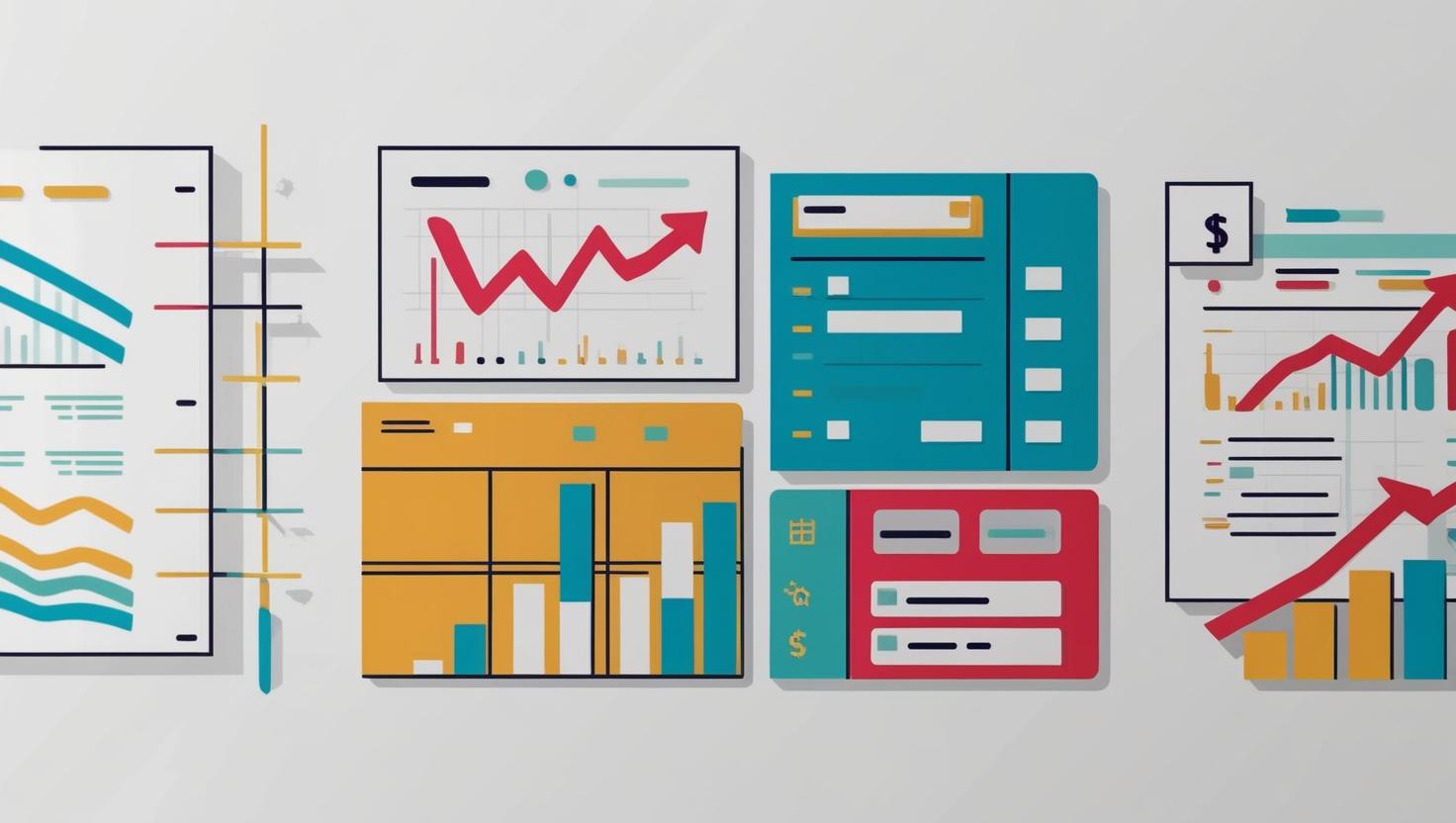In today’s fast-paced business environment, the efficiency of your accounting and bookkeeping processes can significantly impact your company’s success. As technology evolves, businesses face the question: What is the best platform for accounting and bookkeeping? Should you invest in the latest software, or would it be more prudent to revert to older technology like Excel? Let’s explore both options to help you make an informed decision.
The Case for Modern Accounting Software
Modern accounting software has transformed the way businesses manage their finances. Platforms like QuickBooks, Xero, and FreshBooks offer a plethora of features designed to streamline financial management, such as:
- Real-Time Reporting: These applications provide up-to-the-minute financial data, enabling you to make informed decisions quickly.
- Automation: Tasks like invoicing, payment tracking, and payroll can be automated, reducing the time spent on routine tasks and minimizing human error.
- Integration: Modern software can integrate seamlessly with other business tools (CRM systems, payment processors, etc.), creating a unified platform for managing operations.
- Cloud-Based Accessibility: With cloud solutions, you can access your financial data from anywhere, facilitating remote work and collaboration with your team and accountants.
- Scalability: Whether you’re a sole proprietor or running a growing small business, modern software can scale with your needs, making it a sustainable choice for the future.
However, these benefits come at a cost. Subscription fees can add up, and the transition from conventional methods may require a learning curve.
The Case for Revisiting Excel
Many small businesses still rely on Excel for their accounting needs due to its familiarity and flexibility. Here are some compelling reasons to consider using Excel:
- Cost-Effective: If your needs are simple, Excel can be a free or low-cost solution that eliminates ongoing subscription fees associated with dedicated accounting software.
- Customization: Excel allows users to create customized spreadsheets tailored to their specific requirements, which is particularly beneficial for businesses with unique bookkeeping needs.
- Familiarity: Many small business owners are already proficient in Excel, which can minimize the time and resources required for training on new software.
- No Internet Required: With Excel, you don’t necessarily need an internet connection, which can be a significant advantage for businesses operating in areas with unreliable connectivity.
However, relying solely on Excel has its downsides—manual data entry can lead to errors, and you may miss out on the advanced features provided by modern accounting tools.
Making the Decision
Ultimately, the decision between modern accounting software and Excel hinges on your specific business needs, budget, and the complexity of your financial data. For businesses with intricate transactions, diverse income streams, or those planning for growth, investing in modern software may offer substantial long-term benefits. Conversely, a small business with straightforward accounting requirements may find that Excel meets its needs perfectly.
Before making your decision, consider conducting a comprehensive evaluation of your financial processes. Take into account the potential return on investment for accounting software and weigh it against the costs of continuing to use Excel.
In conclusion, there’s no one-size-fits-all answer to the question of the best platform for accounting and bookkeeping. The key is to assess your unique situation and choose the solution that enhances your financial management capabilities while aligning with your business goals.
If you have further questions or would like personalized advice on choosing the right platform for your business, feel free to reach out at contact@filipinobookkeepers.com. Understanding the nuances of accounting technology could be the next step in optimizing your operations.


Leave a Reply